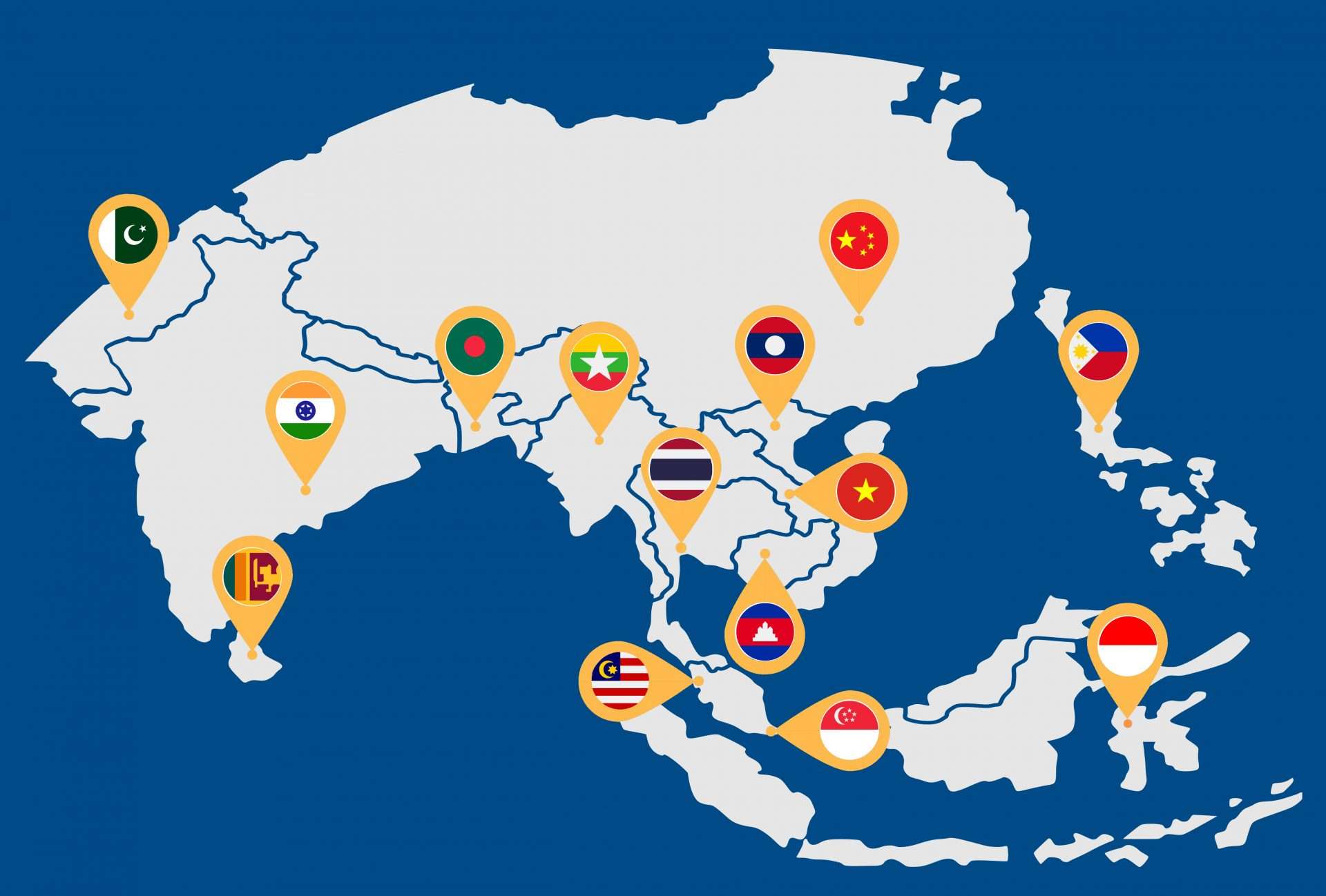For foreign investors seeking to tap into the vibrant and rapidly growing Southeast Asian market, Thailand presents an ideal strategic location and a well-established platform for regional expansion. Strategically positioned at the heart of the Association of Southeast Asian Nations (ASEAN), Thailand serves as a gateway to this dynamic economic bloc, offering a unique blend of competitive advantages and facilitative mechanisms to support businesses looking to expand their footprint across the region.
Board of Investment (BOI), Thailand’s principal investment promotion agency, plays a pivotal role in enabling foreign investors to leverage Thailand’s strategic location and favorable trade agreements for regional growth. By providing a comprehensive suite of incentives, privileges, and support services, BOI streamlines the process of establishing a presence in Thailand and subsequently using it as a launchpad for exploring the wider ASEAN market.
Thailand’s Centrality and Connectivity within ASEAN
One of Thailand’s most compelling assets is its geographic centrality within ASEAN, which comprises ten member countries with a combined population of over 650 million people. This strategic location, coupled with the country’s well-developed infrastructure and transportation networks, positions Thailand as an ideal regional hub for businesses seeking to access the diverse markets of Southeast Asia.
Bangkok, Thailand’s capital city, serves as a major air transportation hub, offering direct flights to all ASEAN capitals and beyond. Additionally, the country’s extensive road and rail networks, coupled with its deep-sea ports, facilitate efficient overland and maritime transportation, enabling seamless distribution of goods and services throughout the region.
Leveraging FTAs through Thailand
Thailand’s membership in several regional and bilateral free trade agreements (FTAs) further enhances its appeal as a gateway to ASEAN. These FTAs not only grant preferential market access to Thailand but also extend those benefits to companies operating within the country, allowing them to leverage Thailand’s strategic position to tap into the broader ASEAN market and beyond.
- ASEAN Free Trade Area (AFTA): AFTA reduces tariffs among ASEAN members, facilitating intra-ASEAN trade and making it easier for businesses based in Thailand to export to other member countries.
- Regional Comprehensive Economic Partnership (RCEP): As the world’s largest FTA, RCEP includes ASEAN and its key trading partners, creating extensive opportunities for trade and investment by reducing tariffs and harmonizing trade regulations.
- Bilateral FTAs: Thailand has bilateral FTAs with countries such as Japan, Australia, and New Zealand, providing additional avenues for market expansion beyond ASEAN.
BOI’s Role in Facilitating Regional Expansion
BOI plays a crucial role in enabling foreign investors to capitalize on Thailand’s strategic advantages and leverage the country as a gateway to ASEAN. Through its comprehensive suite of incentives and support services, BOI aims to attract and facilitate investment in targeted industries and sectors that align with Thailand’s economic development goals.
- Tax Incentives: BOI offers various tax benefits, including corporate income tax exemptions for up to 8 years, duty exemptions on imported machinery and raw materials, and additional tax deductions for infrastructure development.
- Non-Tax Incentives: These include land ownership rights for foreign businesses, visa and work permit facilitation for foreign staff, and protection against nationalization.
- Sector-Specific Support: BOI prioritizes high-value industries such as technology, healthcare, automotive, and renewable energy, offering enhanced incentives to businesses operating in these sectors.
- Investment Promotion Zones: BOI designates specific areas as Investment Promotion Zones (IPZs) offering additional benefits like reduced land leaseholds and streamlined work permit procedures.
Industry Clusters and Opportunities for Regional Expansion
Thailand has developed several industry clusters that leverage the country’s competitive advantages and strategic location, presenting attractive opportunities for foreign investors seeking to expand their operations across ASEAN. These clusters include:
- Automotive and Parts: Thailand is a major regional hub for the automotive industry, with well-established supply chains and a skilled workforce. Companies operating in this sector can leverage Thailand’s extensive network of FTAs to access regional and global markets.
- Electronics and Electrical Appliances: Thailand’s well-developed electronics industry, coupled with its strategic location and skilled labor force, makes it an ideal base for companies seeking to serve the ASEAN market and beyond.
- Food and Agro-Processing: With its abundant agricultural resources and well-developed food processing capabilities, Thailand offers opportunities for companies in the food and agro-processing sectors to tap into the growing demand for processed and packaged foods across Southeast Asia.
- Logistics and Transport: Thailand’s strategic location, extensive transportation infrastructure, and participation in regional trade agreements make it an attractive location for logistics and transportation companies seeking to establish regional distribution hubs.
- Digital and Technology: Thailand’s growing digital economy and supportive government policies, such as the Eastern Economic Corridor (EEC) development plan, present opportunities for companies in the digital and technology sectors to establish regional operations and serve the ASEAN market.

Leave a Reply